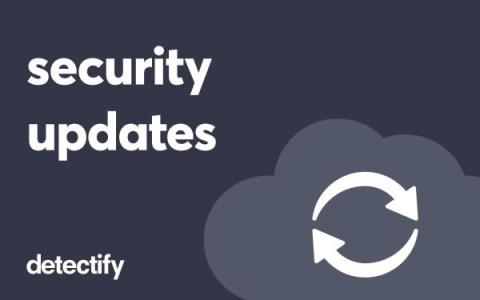Introducing Jobs-to-be-Done: a way to help our users achieve their goals
As a security practitioner, the scope and responsibilities of your role have likely changed over the last few years. This is likely an accumulation of: But what hasn’t changed? Regardless of any new scope or responsibilities, you still have a set of things you need to accomplish and get done that are the most important to you.










